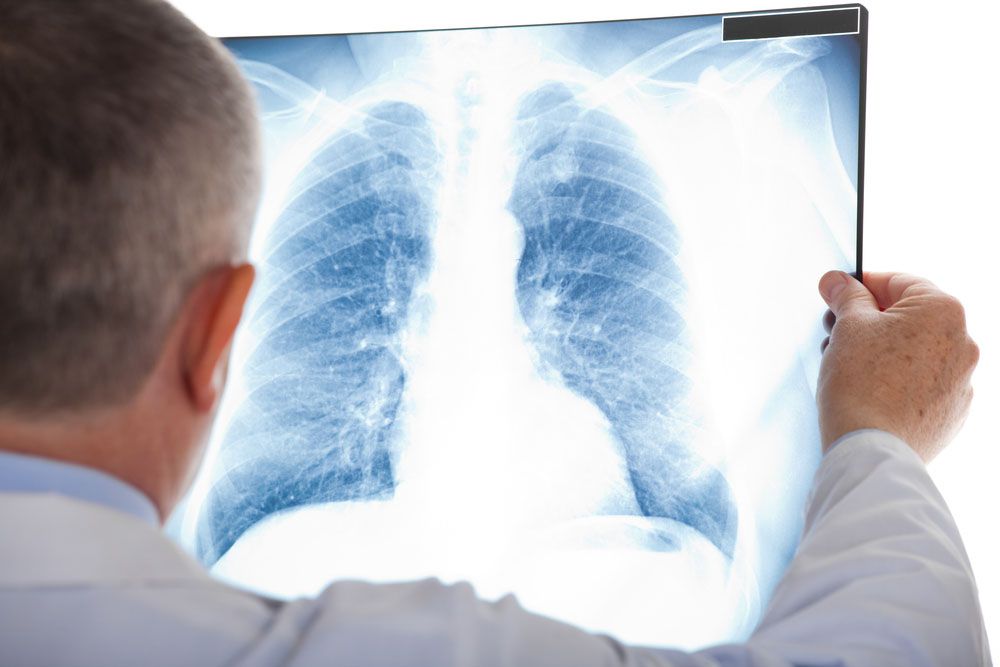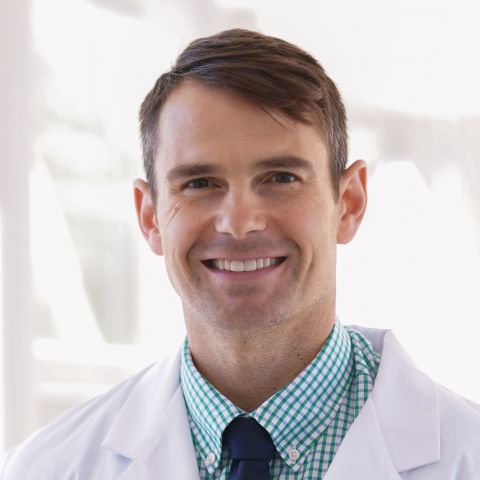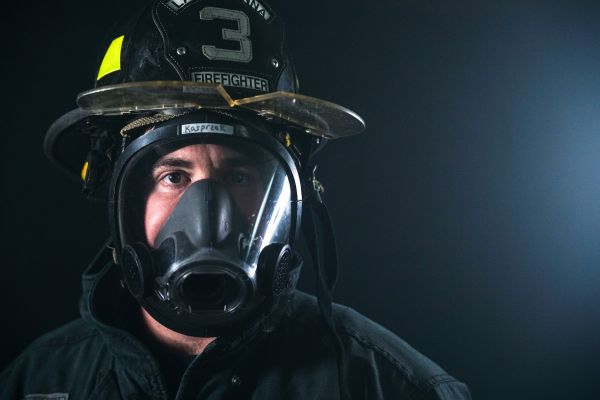Coughing removes particles, mucus, irritants or fluids from the lungs. It may be caused by something in the air, such as cooking fumes, perfume or spices, or it may be related to congestion caused by a cold, allergies or a respiratory infection.
In general, coughing is your body’s way of responding to irritation and is usually considered normal and healthy. But sometimes, a persistent cough is a warning sign of something more complex, including lung cancer.
Perhaps that’s why coughing is one of the most common symptoms for which outpatient care is sought in the United States. “More than 30 million visits to clinicians are made annually by patients who are concerned about persistent coughs,” says Nathaniel Ivanick, MD. “For many of those patients, lung cancer — or bronchogenic carcinoma — is a feared diagnosis.”
The good news is that while coughing may be one early symptom, fewer than two percent of patients who present with chronic coughs turn out to have lung cancer.
Warning Signs of Lung Cancer
Sometimes lung cancer does not cause any symptoms and is found incidentally during a routine x-ray or CAT scan. “If a person with lung cancer does have symptoms, those symptoms will depend on the location of the tumor in their lung," says Dr. Ivanick. “Most cases of lung cancer that manifest with coughs are due to cancers originating in the large central airways (breathing pipes), where cough receptors are common. Physical examination may reveal wheezing or diminished breath sounds, which could be caused by a tumor that narrows an airway.”
Risk factors that may increase a person’s chance of developing lung cancer — and that should be followed up with a visit to the doctor — include:
- A cough that persists for more than eight weeks, especially for women, who tend to cough more often and have a heightened cough reflex sensitivity compared to men.
- A persistent cough accompanied by coughing up blood, chest pains, bone pain, unexplained loss of appetite and weight.
- Smoking tobacco. Lung cancer is 10 times more likely to occur in smokers than non-smokers. According to the Centers for Disease Control and Prevention (CDC), an estimated 36.5 million people over 18 smoked cigarettes in 2015. Even though smoking rates have been slowly declining, smoking still remains the leading cause of preventable disease and death, and is the predominant cause of lung cancer, accounting for more than 80% of all new cases in women and 90% in men. Secondhand smoke studies have shown that people who are exposed to tobacco smoke in a closed environment (car, house or building) are at increased risk of developing lung cancer compared with those who are not exposed.
- Asbestos: Fibers in asbestos have a tendency to shatter easily into small bits that can be suspended in the air and adhere to clothes. If asbestos particles are inhaled, they can enter the lungs, damaging cells and escalating the risk for lung cancer development.
- Radon: This undetectable, odorless and tasteless radioactive gas that occurs naturally in rocks and soil can cause damage to the lungs that may lead to lung cancer. People who work in mines may be exposed to radon and, in some parts of the country, radon is found in houses. Smoking further increases the risk of lung cancer for those already at risk because of exposure to radon. The New York State Department of Health recommends home testing for radon every five years.
Never miss another Cancer Talk blog!
Sign up to receive our monthly Cancer Talk e-newsletter.
Sign up!Reducing Lung Cancer Risk
The American Cancer Society says a healthy diet including daily fruits and vegetables may help protect against lung cancer in both smokers and non-smokers.
But the greatest way to reduce risks for lung cancer is simply to not start smoking or quit if you already do. “If you’re a smoker or a past smoker, you are at higher risk,” says Dr. Ivanick. “The sooner you quit, the better — it’s never too late to give up smoking. And in fact, quitting smoking even after being diagnosed with lung cancer may stop the development of subsequent lung cancer.”
Roswell Park’s lung cancer screening program is designed to detect lung cancer early, when it is most curable. And Roswell Park’s free cessation services program, Just Breathe, offers individual quit plans as well as individual counseling, support, classes and education for patients, family members and everyone in the community interested in quitting tobacco.



